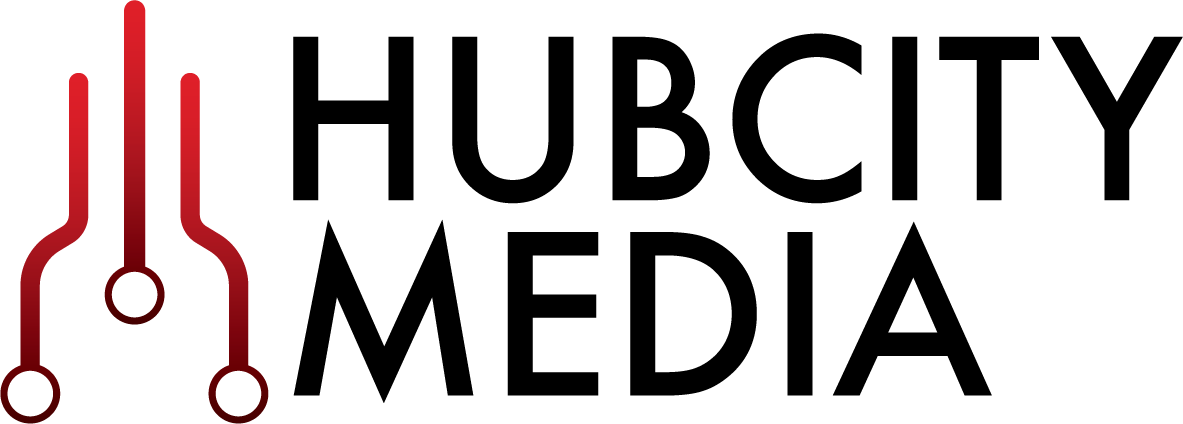
Access Granted
HUB CITY MEDIA EMPLOYEE BLOG
Delegated Administration: A Vital Part of the Modern IAM Platform
One of the key capabilities of modern Identity Management platforms is the ability to configure Delegated Administration for daily operations. Let’s take a look at why Delegated Administration plays an important role in today’s world...
One of the key capabilities of modern Identity Management platforms is the ability to configure Delegated Administration for daily operations. Let’s take a look at why Delegated Administration plays an important role in today’s world.
First, we need to define what we mean by the term ‘Delegated Administration’. To delegate refers to ‘a person sent with power to act for another’. Administration means ‘the performance of supervisory duties’. When we put this in an Identity specific context, we are looking at in terms of:
decentralization of role-based access control systems
ability to assign limited authority (i.e. administrative privileges) to a user, or subset of users, permitting performance of actions on a specific object or group objects (i.e. scope)
Now that we’ve set a baseline for understanding what Delegated Administration is, we can use common scenarios or, as we refer to them from a system integration perspective, Client Use Cases to illustrate the business problem, how Delegated Administration addresses it and the corresponding business value.
Scenario 1: Provisioning, Profile Management and Access Requests
Context:
The advent of information technology ushered in a number of important new job functions to the marketplace, one of the most common and important being the role of ‘Administrator’. Administrators are technologists who understand how to operate these complex systems and applications. Administrators have several key tasks performed on a daily basis, including: Provisioning (the creation of new user accounts), Profile Management (which includes password resets and access request fulfillment) or granting of new rights and / or privileges to existing user accounts.
Business challenge:
Businesses have seen an exponential growth in both the number of IT systems and users. The essential nature of these systems and applications to daily operations and revenue, coupled with the sheer scale of administering them in a small, centralized fashion, creates bottlenecks that significantly impact company profitability - for better or for worse. Users need access to these systems to perform their daily job function and forgotten passwords and account lockouts can severely inhibit productivity.
Solution:
So, we now have three main problems - Provisioning, Profile Management and Access Requests. How do we effectively manage these tasks in an ever expanding and complex IT ecosystem without overburdening or continuously increasing support staff? The answer is through Delegated Administration.
Provisioning happens through two basic means today: automated (i.e. ‘birthright’) provisioning (typically governed by feeds from Human Resources coupled with logic based upon job functions) and request based (generally through human interaction). The latter, request based provisioning or new access, can handle large-scale efficiency in varying degrees, limited by the choice of what types of users can be assigned these roles.
In our initial example, we discussed the limiting factor of a small, centralized group of administrators handling a large volume of tasks. Delegated Administration can increase optimization by allowing another level of administration, e.g. Department Managers, to perform limited administrative tasks for their direct reports OR allowing a Help Desk Representative to reset passwords.
Taking it to the largest scale, enabling end-users to self administer, can completely offload the burden of certain, specialized tasks from central administrators and empower end-users to manage their own profile data (e.g. name, address, contact information), as well as reset a forgotten password.
Scenario 2: Consumer-scale Identity and Internet of Things
Context:
The next wave in information technology is upon us - a combination of smartphones, connected devices and mobile applications - leading to a literal explosion of identities. With that exponential growth, of course, comes more administration.
Business challenge:
In the face of increasing user demand for ubiquitous access (24x7) anywhere from any device, organizations struggle to provide end-users with the ability to manage multiple identities and the devices with which they can be accessed. In addition, modern smartphones and mobile applications often rely on back-end systems, secured with account credentials, to provide services to the end-user. As a byproduct of this array of devices, applications and identities, end-users face an ever increasing number of personal accounts to manage. Providing a top-notch user experience is paramount to maintaining and growing a loyal user base.
Solution:
As highlighted, Delegated Administration is leveraged to address modern Identity and Access Management challenges many organizations face. Some examples of common uses of Delegated Administration that we encounter daily are:
Consumer registration of a new IoT device to access required services
End-user self-service password reset on almost any website
Adding a child to a “family share” plan for mobile application stores
Adding a spouse as an “authorized” agent on a credit or bank account
Allowing a manager to request access on behalf of direct reports
Allowing a Customer Service Representative to see and modify specific information for clients they support
From an individual perspective, these are empowering capabilities that we have come to expect as part of our overall user experience.
From a business perspective, it drives customer satisfaction and retention while reducing operational costs and resources. Truly a “win-win” for all parties!
While each business or entity may have variations on business process and governance in how this is implemented, the fact remains that by leveraging Delegated Administration in the current user population, we gain economies of scale much greater than through a centralized model. This allows retaining system integrity through limiting functions to an approved set of well-known Client Use Cases.
Related links: Delegated Administration for ForgeRock (Product), Delegated Administration and ForgeRock Identity Management (Blog by Anders Askåsen - Sr. Technical Product Manager at ForgeRock)
SENIOR SALES CONSULTANT
FOLLOW US
FEATURED POSTS
SEARCH BY TAGS
SEARCH BY DATE
- September 2023 1
- June 2023 2
- May 2023 1
- January 2023 1
- November 2022 1
- July 2022 1
- May 2022 1
- April 2022 1
- December 2021 1
- September 2021 1
- April 2021 1
- February 2021 1
- January 2021 1
- July 2020 1
- February 2020 1
- January 2020 1
- December 2019 1
- July 2019 1
- May 2019 1
- January 2019 1
- December 2018 1
- November 2018 1
- October 2018 1
- November 2016 1
- October 2016 1
- September 2016 4
- August 2016 1
- May 2015 1
- October 2013 1



